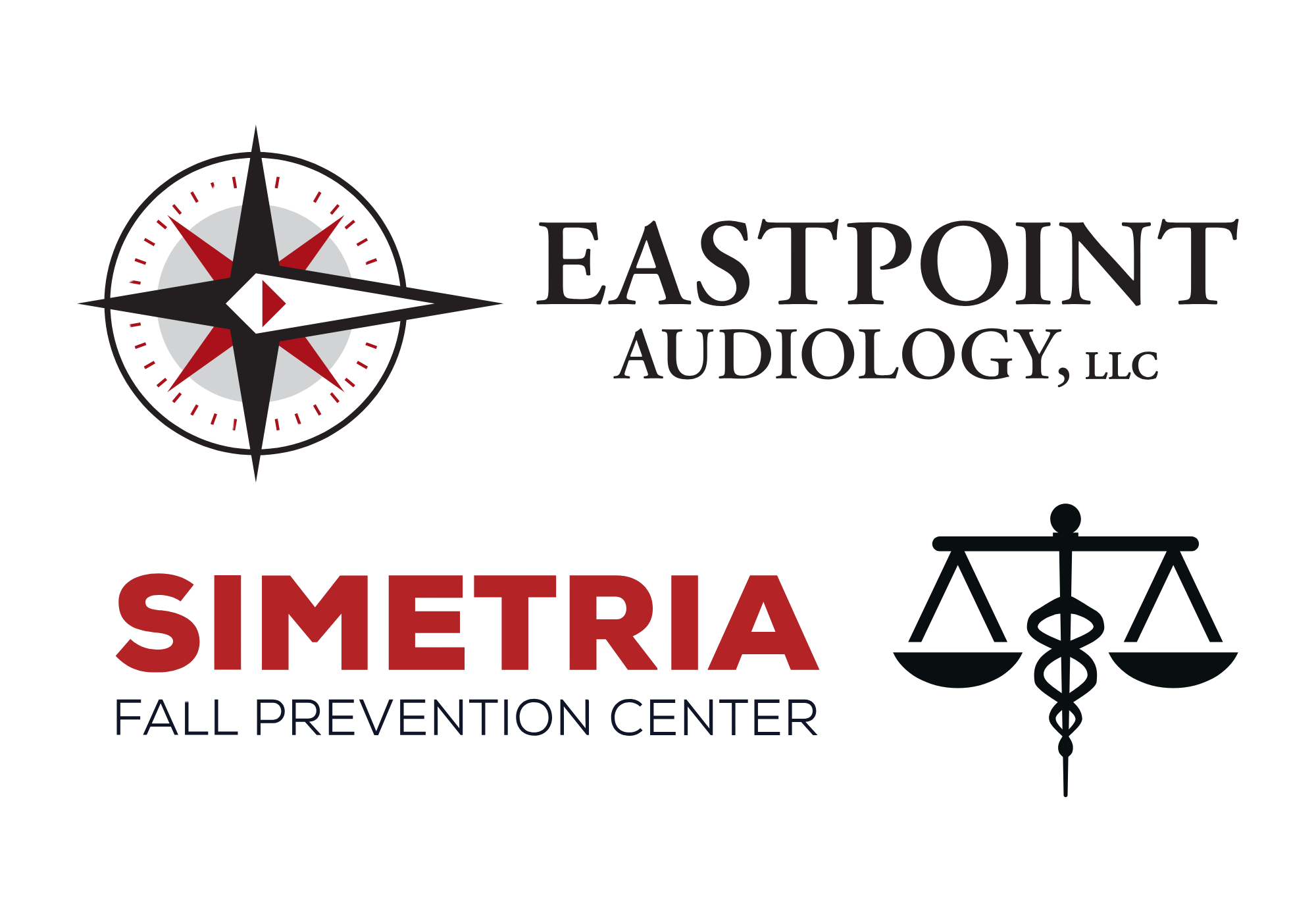
If you cope with tinnitus, going on a plane might cause more than just excitement about your destination– it might also come with concerns about worsening ear symptoms. The loud cabin noise, shifting air pressure, and tension associated with air travel can all contribute to more extreme or bothersome tinnitus. By perceiving the impact of air travel on your ears and taking practical measures, you can dramatically reduce distress and make your upcoming flight a lot more enjoyable.
What is tinnitus and why does it flare up in the air?
Tinnitus is the experience of hearing sound when there is no existent external sound present. Some individuals experience a continuous ringing sound, while others hear buzzing, clicking, whooshing, or static sounds.
While tinnitus itself isn’t a disease, it’s frequently a symptom of a hidden health concerns including:
- Hearing Loss: Traumatic head injuries or prolonged exposure to excessive noise levels can harm the fragile structures of the inner ear.
- Blockages or Infection: Tinnitus can be activated or exacerbated by fluid accumulation and infections in the ears.
- Ototoxic Medicines: Certain drugs can harm the inner ear, resulting in or aggravating symptoms.
- Benign Tumors: Growths like acoustic neuromas might impact hearing and balance.
Tinnitus may be subjective (experienced only by the patient) or objective (audible to a clinician through a stethoscope-like device). Air travel can worsen symptoms for some people, resulting in a more distressing experience during flights.
Exploring the connection between airplane ear and tinnitus
“Airplane ear” is a term used to define the feeling of fullness, pressure, or muffled hearing that frequently accompanies flying. It occurs when the eustachian tubes– which equalize pressure in the middle ear– struggle to adapt to altitude changes during take of and landing. If these tubes fail to open effectively, pressure imbalances can develop, leading to discomfort or even pain.
Individuals who have tinnitus might find that this pressure inconsistency worsens their existing symptoms or activates additional ones. The added stress and sensory overload of a flight only magnify the issue.
How air travel can intensify tinnitus symptoms
Several elements of air travel may worsen tinnitus:
- Loud jet engine sounds inside of the aircraft can be especially irritating close to the engines, potentially aggravating sensitive ears and exacerbating existing ringing in the ears, or tinnitus.
- Changes in Air Pressure: The sudden changes in air pressure that happen during flight takeoff and landing can disrupt the regular functioning of the eardrum and nearby tissues, possibly causing or exacerbating tinnitus symptoms.
- Travel-related anxiety, combined with not enough rest or insufficient hydration, can exacerbate the experience of tinnitus, making it seem more obvious and bothersome.
Travel tips for reducing tinnitus discomfort mid-flight
By working a few easy safeguards into your flight routine, you can dramatically decrease the discomfort and pressure in your ears during air travel.
- Make Use Of Noise-Canceling Headphones: These can significantly reduce ambient engine noise, particularly during takeoff and landing. You can also listen to calming music or white noise, which can help conceal the ringing in your ears.
- Choose Your Seat Wisely: If you can, select a seat in the front of the plane, away from the engines. This spot tends to be quieter and more conducive to a tranquil flight.
- Stay Away From Standard Earplugs: These types of earplugs can potentially exacerbate the issue by putting added pressure on the inner ear, aggravating existing symptoms. Alternatively, think about utilizing plugs that are made for regulating ear pressure during air travel.
- Chew Gum or Swallow Regularly: These actions help keep the eustachian tubes open up, allowing pressure to neuturalize more efficiently.
- Use a Decongestant (If Authorized by Your Doctor): If you’re battling nasal congestion or allergies, think about taking an oral or nasal decongestant before flying to avoid obstructions in the eustachian tubes.
- Stay Awake during Takeoff and Landing: Being awake helps your body naturally manage pressure. Resting at these times may decrease the chances of achieving proper pressure balance.
Techniques for staying relaxed and entertained during a flight
Distraction is a potent tool for managing tinnitus. Consider diverting your attention with stimulating distractions such as audiobooks, comforting music, or brain teasers to shift your attention away. Practicing meditation using apps and engaging in breathing exercises can decrease anxiety associated with flying and reduce your focus on tinnitus.
Prior to your trip, be sure to rest well and stay hydrated. Skipping caffeine or alcohol on travel day can also reduce ear-related symptoms. And if you wear hearing aids, don’t hesitate to wear them on the plane– they might help you hear more naturally, decreasing the prominence of the internal ringing or buzzing.
Get professional advice if tinnitus interferes with travel
If you frequently experience discomfort while flying due to tinnitus, it is advisable to seek advice from a professional in hearing health. A detailed assessment can pinpoint the underlying reason for your tinnitus and bring about specific suggestions, including personalized coping strategies or treatment plans, to better control instances of increased symptoms.
Schedule an assessment for your tinnitus symptoms today.
